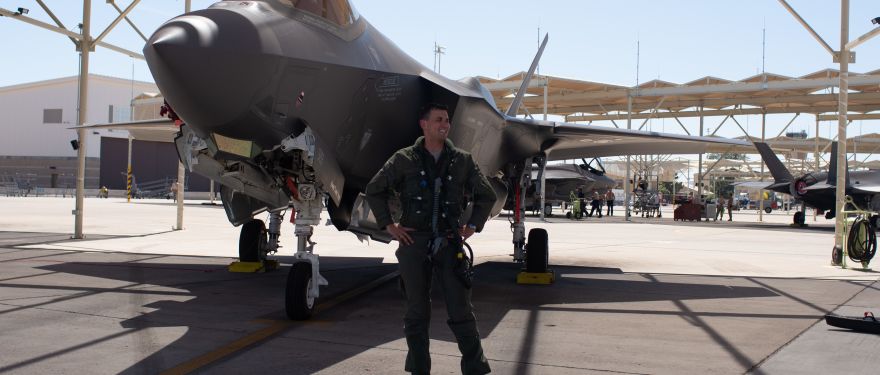Although I did not know it at the time, my path to business school began on March 1, 1992. It was my ninth birthday, and I was enjoying the liberty that came with growing up on a farm on the outskirts of a small mining community in Ohio: riding my all-terrain vehicle (ATV) through muddy fields and plunging in and out of puddles of melted snow. My future career was far from my mind, but even at that young age, I was contemplating the world and my place in it. In Appalachia, opportunity ebbs and flows with the demand for steel and coal. And in 1992, many of the factories that had provided the community’s lifeblood sat dormant along the banks of the Ohio River. Consumed by poverty, the soft bigotry of low expectations had crept into the social construct, sentencing families in underserved communities like mine to a lifetime of waiting for steel and coal’s resurgence. Through rust-colored lenses, our place in the world appeared immutable.
Fortunately for me, that was about to change. Two military aircraft suddenly flew low and fast over the field where I was riding. As they tore through the sky, I imagined the sensation of piloting such a machine and soaring among the clouds. Within seconds, the duo vanished but left me with a priceless insight: “What if being a good ATV driver meant I could be a good fighter pilot?” That simple question opened up a world of possibilities. Maybe my future was not so predetermined after all.
Twenty years later, my dream had become a reality. While flying combat missions in Afghanistan, I reflected on my childhood and how lucky I was not only to have a dream but also the belief that I could obtain it. Few children in Appalachia were afforded such assurances. Still, when I decided to apply to business school, old insecurities about my perceived place in the world lurked in the shadows of my mind. Rather than frame my success as a fighter pilot as evidence of my worthiness, I compared my life experience to that of the stereotypical Ivy League student. In my mind, I could not have been more different. Indeed, to those who knew me as a scrappy farm boy who preferred racing ATVs to academics, my interest in Harvard was bewildering, if not inconceivable. Still, I allowed myself to dream. Drawing on my innate boldness and tenacity, I submitted my application for a joint degree at Harvard Business School (HBS) and Harvard Kennedy School (HKS).
Would Harvard admit someone with my background? If so, could I expect to succeed? There was only one way to find out.
I am currently halfway through the MBA/MPP (Master of Public Policy) program at HBS and HKS, and I am happy to report that the experience is incredible. The case method relies on diversity of thought that only works when people with vastly different experiences come together. Each student’s uniqueness is not only accepted but also celebrated, both within and outside the classroom.
The atmosphere on campus buzzes with intellectual curiosity. Moreover, my classmates are some of the warmest and most supportive people who I have ever met. We look out for each other in the same way friends in my hometown did. Every student with whom I have spoken, regardless of their background, has battled doubts and insecurities. We are here because we want to make a positive impact in the world, and yet we do not always feel up to the task. However, knowing that we are in the journey together makes the obstacles seem smaller and our vision for a better world more attainable.
If you are considering HBS but feel as though you lack the pedigree or background, this is my message to you: You belong here. You can succeed here. Your community will benefit from your being here. Your ideas will be valued at HBS—not because they conform to the status quo, but rather because they are different and insightful. And you will thrive thanks to the vision you have for the future, not the merits of your past. Most importantly, you will form bonds with people whose friendship and support will last a lifetime.

